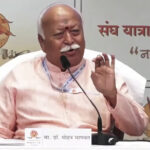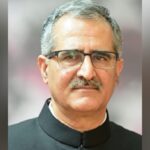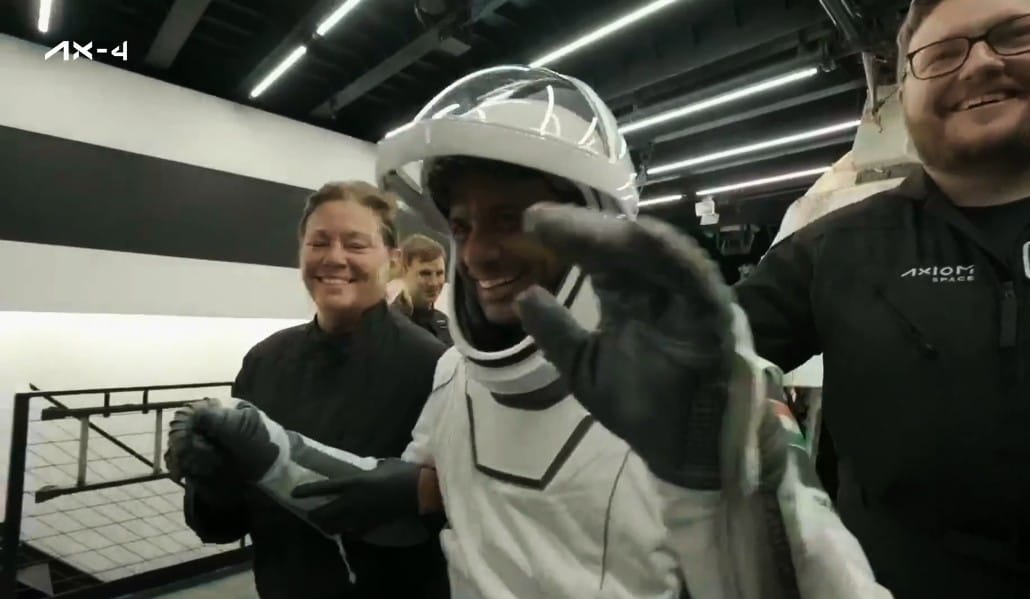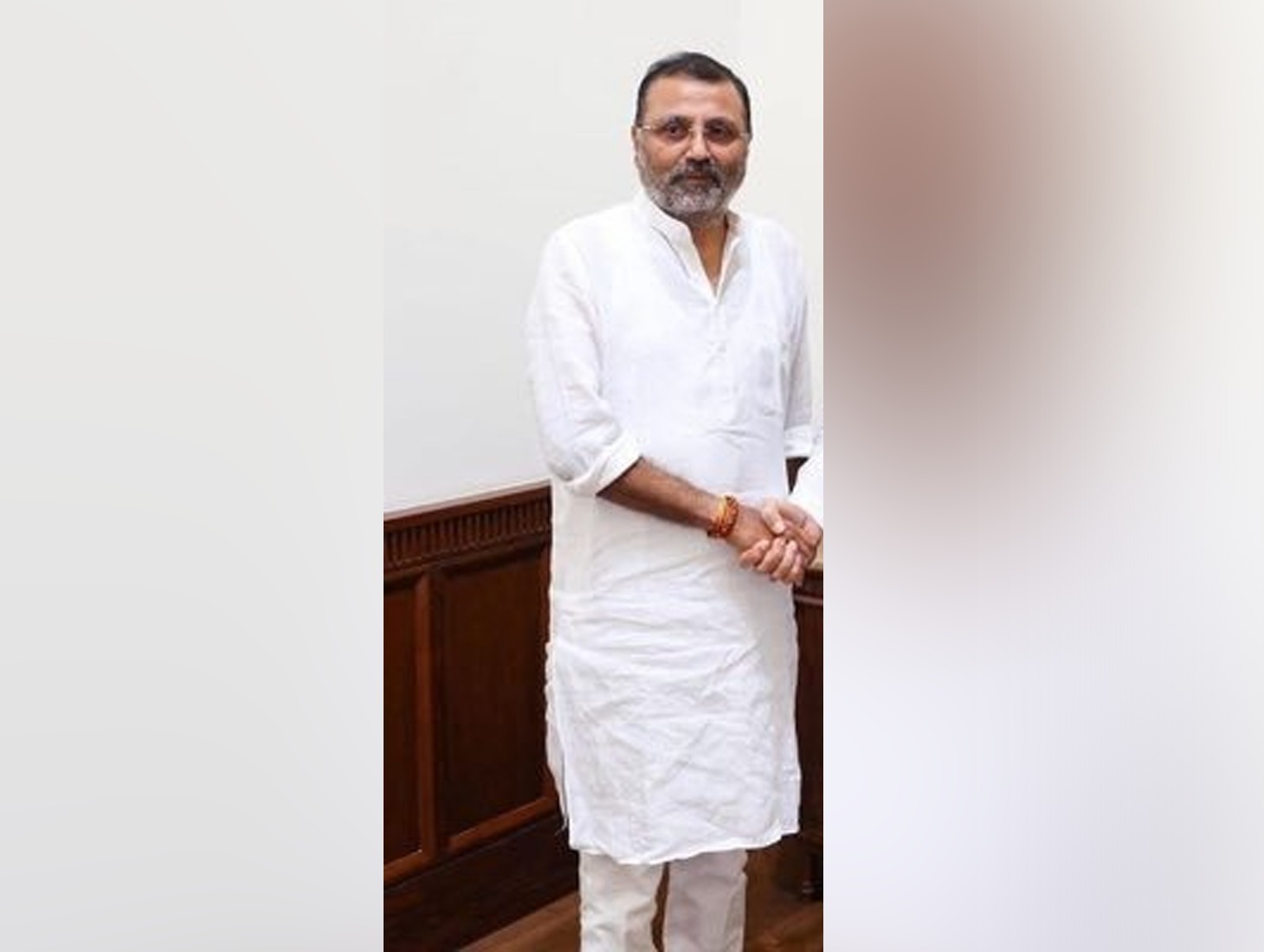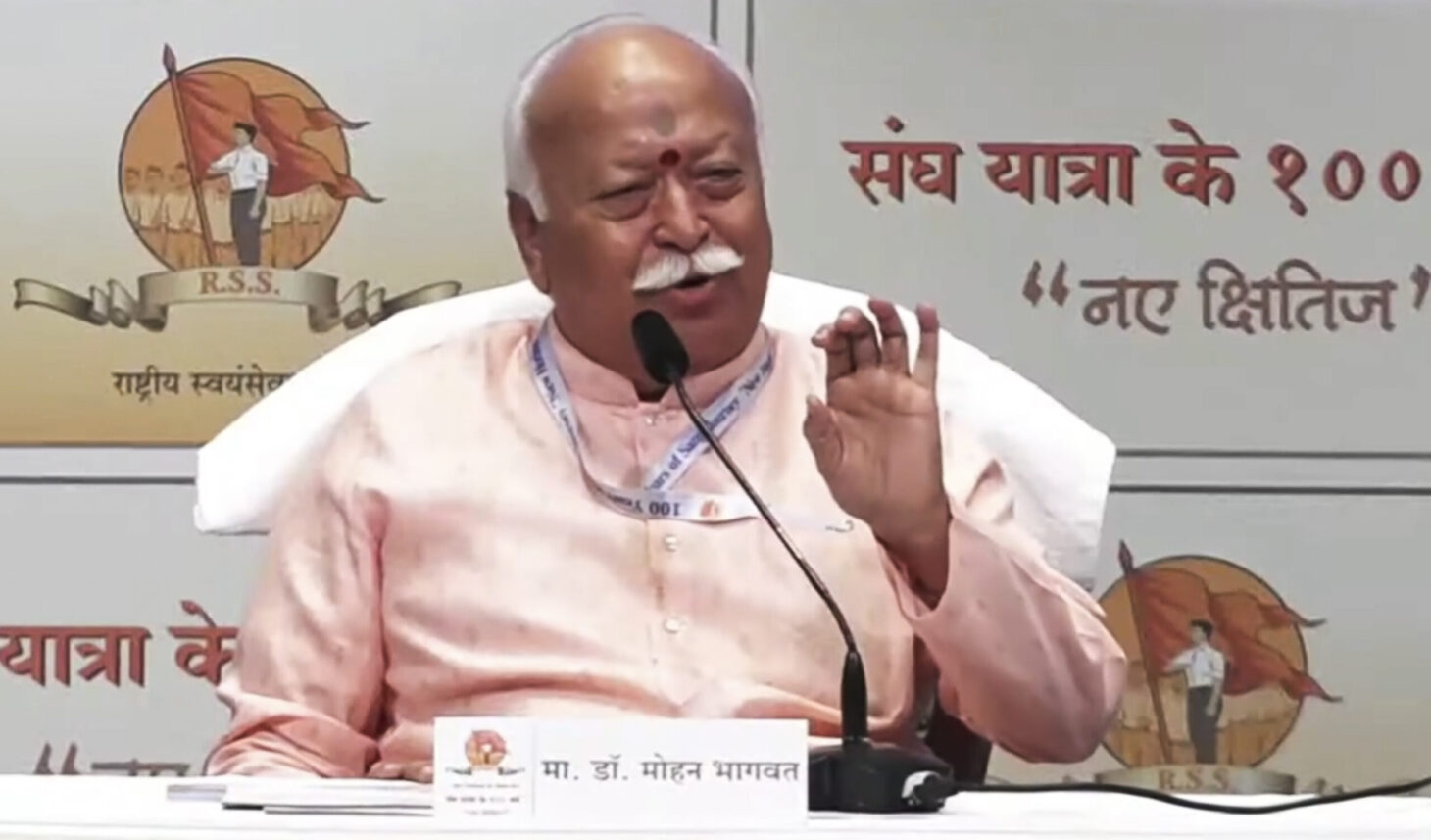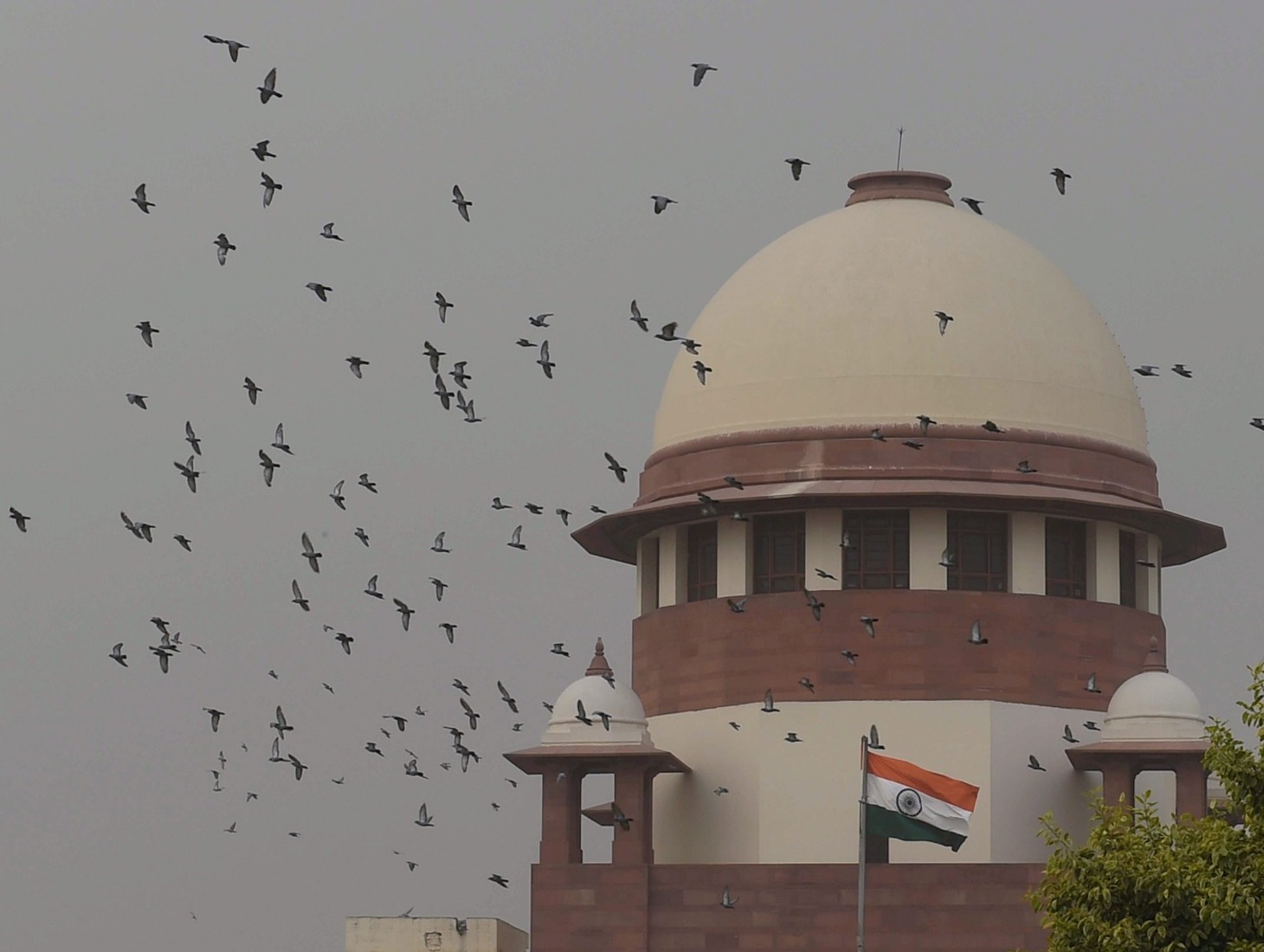The North News
New Delhi, July 15
Group Captain Shubhanshu Shukla returned safely to Earth on Tuesday, becoming the first Indian astronaut to visit the International Space Station (ISS). His journey marks a historic leap for India’s space programme, reviving human spaceflight efforts nearly four decades after Rakesh Sharma’s mission in 1984.
The Indian Air Force officer completed a two-week scientific expedition as part of Axiom Mission 4 (Ax-4), a private spaceflight organised by Axiom Space in collaboration with NASA and SpaceX. Along with his international crewmates, Shukla brought back 260 kg of scientific experiments and data, reinforcing India’s growing presence in international space exploration.
His successful mission has been hailed as a major milestone, reflecting both national pride and India’s ambitions in human spaceflight.
Prime Minister Narendra Modi lauded the pilot-turned-astronaut’s historic feat, stating: “As India’s first astronaut to have visited the International Space Station, he has inspired a billion dreams through his dedication, courage and pioneering spirit. It marks another milestone towards our own Human Space Flight Mission – Gaganyaan.”
The Ax-4 mission, organised by Texas-based Axiom Space in collaboration with NASA and SpaceX, launched on June 25 from NASA’s Kennedy Space Center in Florida. Shukla flew aboard the Crew Dragon capsule atop a Falcon 9 rocket, piloting the mission alongside veteran NASA astronaut Peggy Whitson, Polish ESA representative Sławosz Uznański-Wiśniewski, and Hungary’s Tibor Kapu, under the newly launched HUNOR programme.
Their two-week journey aboard the ISS was not merely symbolic. The crew conducted five joint scientific experiments between NASA and India’s space agency ISRO, along with two STEM demonstrations designed to inspire the next generation of global scientists and engineers.
Shukla, a distinguished officer from the Indian Air Force deputed to ISRO, played a crucial role as mission pilot. His inclusion on the Ax-4 mission also delivers on a diplomatic commitment made during the 2020 state visit of then US President Donald Trump to India — a pledge that underscored the deepening Indo-US collaboration in space exploration.
The success of Ax-4 has been particularly significant for Poland and Hungary as well, with both nations marking their first long-duration astronaut participation on the ISS.
For Axiom Space, the mission represents another step toward its ambitious plan to construct the world’s first commercial space station — a platform that could eventually take over from the ISS when NASA decommissions the aging facility later this decade.
Shukla’s achievement is being viewed as more than just a spaceflight. It is a signal of India’s growing capabilities and intent in the realm of space, both through government missions such as Gaganyaan and increasingly through international partnerships.
As the country awaits its first indigenous human space mission, Shukla’s safe return has reignited national interest — and perhaps even global confidence — in India’s aspirations beyond Earth’s orbit.






